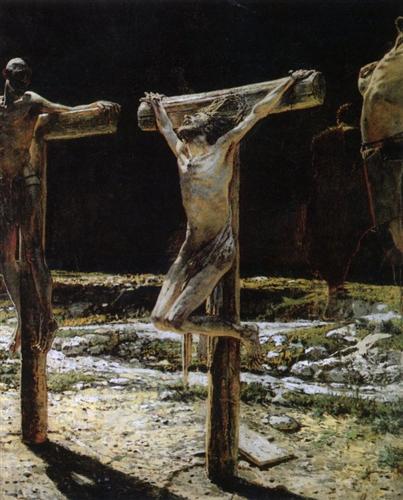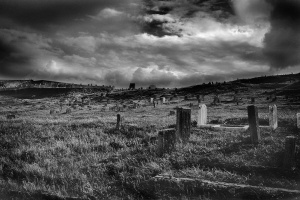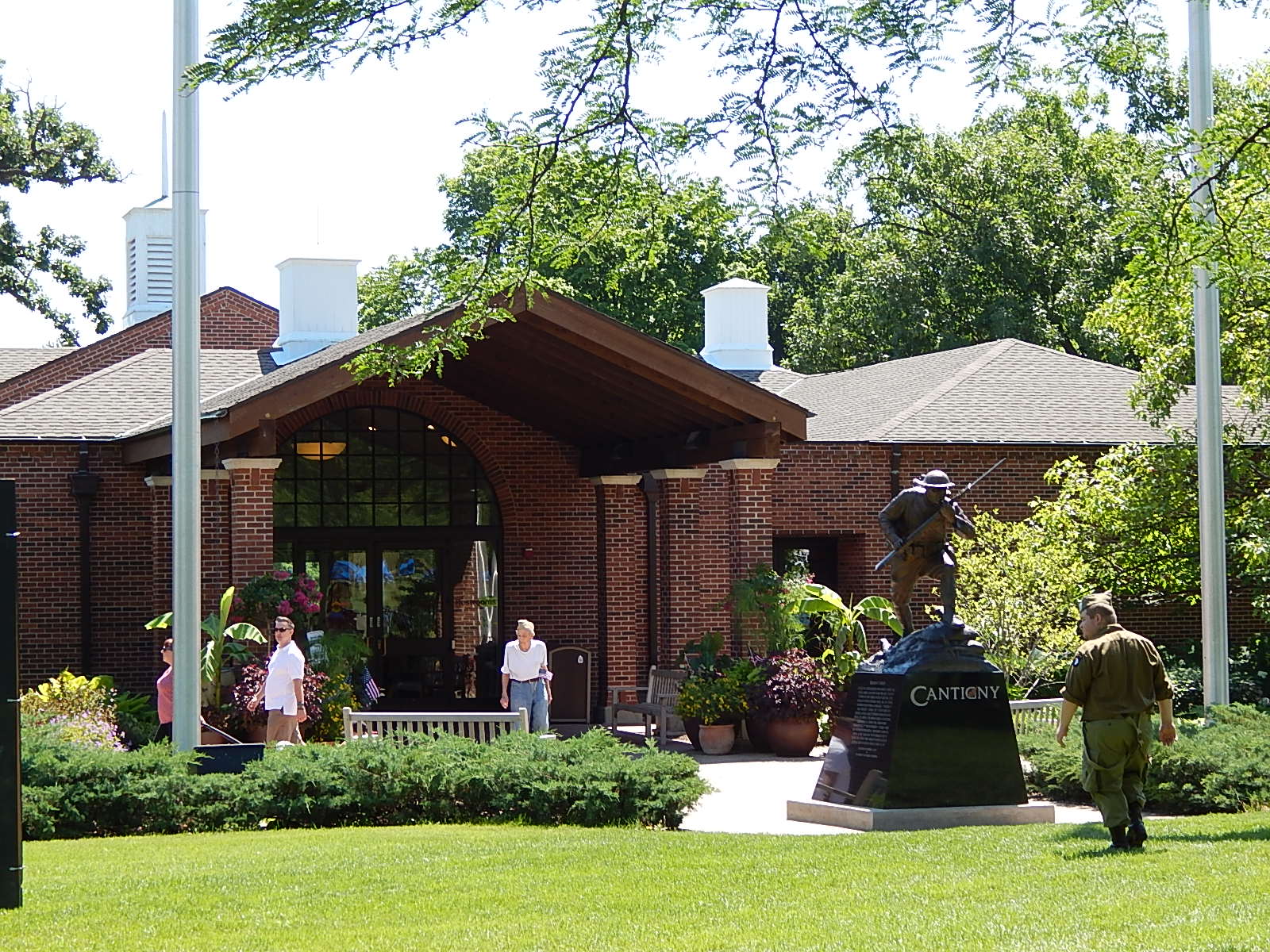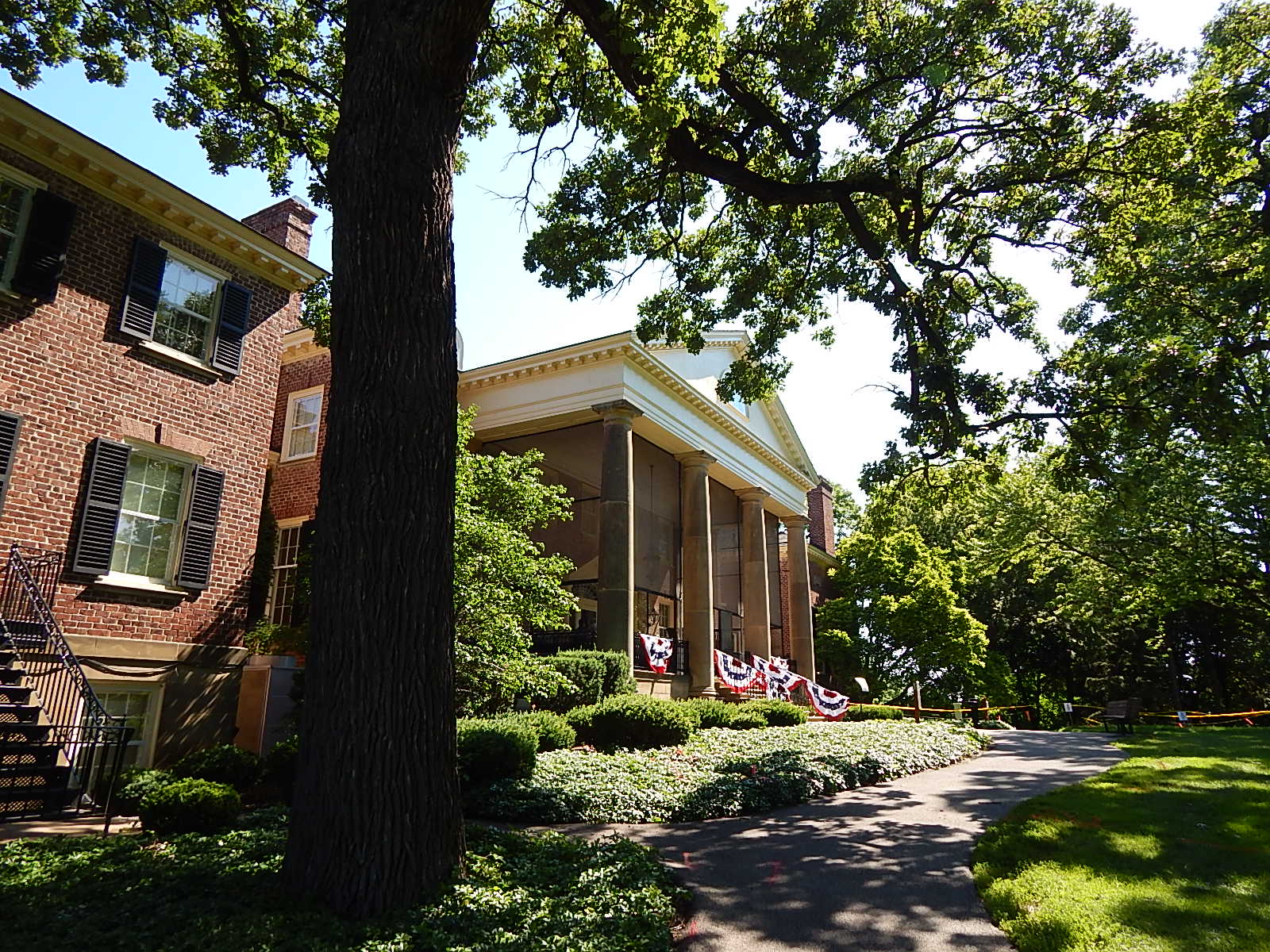Suppression
April 8, 2023 Leave a comment
If you had lived in the Roman-occupied Holy Land in 4 BC, you would have known about the Roman general Varus who crushed a Jewish revolt against the Roman authority. The causes of that revolt and later revolts stemmed from several factors: the cruelty and corruption of the Roman leaders, Jewish religious nationalism, the impoverishment of the Jewish peasantry, and the corrupt priesthood class.
Varus sent a part of his army into the country, against those that had been the authors of this commotion, and as they caught great numbers of them, those that appeared to have been the least concerned in these tumults he put into custody, but such as were the most guilty he crucified; these were in number about two thousand. War 2.66-79, Josephus (Emphasis mine.)
Mass crucifixions continued in the first century.
“. . . given that crucifixion was seen as an extremely shameful way to die, Rome tended not to crucify its own citizens. Instead, slaves, disgraced soldiers, Christians, foreigners, and — in particular — political activists often lost their lives in this way.”
4 BC is a time of violent suppression under an unyielding Roman rule. If you said something and acted against that rule, you were crucified to keep order under Roman rule. If you said nothing and lived with the oppression then you were quick to point fingers to keep order for yourselves under Roman rule.
“the citizens received [Jarus] and cleared themselves of having any hand in this revolt, and said that they had raised no commotions, but had only been forced to admit the multitude, because of the festival, and that they were rather besieged together with the Romans, than assisted those that had revolted.” War 2.73, Josephus
We don’t know the exact year of Jesus’ birth. Most scholars go with 4 BC.
*****
Mark’s gospel account opens with John the Baptist clearing the way for Jesus with baptisms of repentance for the forgiveness of sins. The account immediately turns to Jesus and the start of his ministry. We then read of a growing following and of eye-witnessed accounts about unclean spirts being cast out, the sick being healed, and a dead twelve-year old girl being raised to life. And, we learn of Jesus’ words and their impact on local communities as they were heard in the synagogue.
Jesus’s teaching was met with astonishment (Mk. 1:22): “he wasn’t like the legal teachers; he says things on his own authority”.
Later, when Jesus returned to his home region for a time and on the sabbath taught in the synagogue, his words were again met with astonishment (Mk. 6:2). And also, with consternation.
“Where does he get it all from?” they said. “What’s this wisdom he’s been given? How does he get this kind of power in his hands? Isn’t he the handyman, Mary’s son? Isn’t he the brother of James, Joses, Judah and Simon? And aren’t his sisters here with us?” They took offense at him. (Mk. 6:1-3)
Then we read that Jesus “couldn’t do any remarkable thing there, except he laid hands on a few sick people and cured them. Their unbelief dumbfounded him”. (Mk. 6: 5-6)
Earlier in the gospel account, Jesus’ relatives, hearing about the growing crowds and excitement surrounding Jesus, came to restrain him. “He’s out of his mind,” they said (Mk. 3:21). Experts from Jerusalem also showed up and tried to discredit him, labeling the source of Jesus’ power as demonic. Jesus dealt with them in no uncertain terms (Mk.3: 22-27).
In these accounts we see the attempted suppression of Jesus by his family, his community and by religious authorities. His family dubs him crazy and tries to rein him in from bringing more unwanted attention to them. His hometown community takes offense, perhaps thinking “You are uppity talking like that, saying things on your own authority. You’re one of us. Get with the program. Don’t make waves. Fit in and makes us happy that we can be around you.” The religious authorities started a smear campaign.
Undoubtedly, the locals feared antagonizing Roman authorities which could then lead to arrest and possible crucifixion. And just as undoubtedly, the religious leaders from Jerusalem, mediators between Rome and the Jewish population, wanted to keep the peace and their positions. They feared a newcomer, extraordinary in word and deed, upsetting their apple cart. They began a program of misinformation about Jesus.
The push to silence and discredit Jesus and his astonishing words and deeds led to unbelief that conformed to the world around. And that led to the suppression of the remarkable in Jesus’ local community.
*****
Right after this, in Mark chapter 6, we read that Jesus goes around to villages teaching. Suppression tactics do not stop his kingdom work. Jesus sends out the Twelve in pairs to expand his ministry. The twelve were chosen for this reason (Mk. 3:13-14).
“They went off and announced that people should repent. They cast out several demons; and they anointed many sick people with oil, and cured them.” (Mk. 6:12-13).
And then we read that Jesus’ name became well know and reached the ears of the King (Mk.6: 14).
(This king, Herod Antipas, tetrarch of Galilee, was the son and a successor of Herod the Great the Roman client king of Judea until his death in 4 BC. And though Herod the Great had a religion of Second Temple Judaism, he lived with extreme paranoia that resulted in terror:
Herod the Great was a brutal man who killed his father-in-law, several of his ten wives, and two of his sons. He ignored the laws of God to suit himself and chose the favor of Rome over his own people. Herod’s heavy taxes to pay for lavish projects forced an unfair burden on the Jewish citizens.)
When Herod Antipas heard about Jesus he said “It’s John the Baptist, risen from the dead! That’s why these powers are at work in him.” (Mk. 6:14).
Mark goes on to relate what happened to John the Baptist:
“Herod had married Herodias, his brother Philip’s wife. John regularly told Herod it wasn’t right for him to take his brother’s wife; so, Herod gave the word, arrested him, and tied him up in prison.” (Mk.6:17-18).
Herodias, not at all happy with John saying these things, wanted him dead, but Herod wouldn’t let that happen. Herod was afraid of John because he considered John “a just and holy man”. And, Herod would come down to John’s cell and listen to him talk. “What he heard disturbed him greatly, and yet he enjoyed listening to him” (Mk.6: 20).
Now, you know the story of Herod’s birthday and the great party attended by his supporters, military officers and the great and good of Galilee. Herodias’s daughter dances and wows the crowd and the birthday boy. What Herod saw moved him greatly. He enjoyed watching her dance. So, he offers to give the girl a gift to match the wow of her dance.
When Herod hears the girl’s gift request, he becomes panic-stricken, perhaps thinking “This is a holy man. You don’t mess with that. People like him you keep around and under control . . . and there goes the one voice that moved me to distraction.
Herod had made oaths to give her a wow gift in front of his guests. And, “He hadn’t the guts to refuse her” (Mk.6:26). So, John was beheaded.
In this account we read of suppression of John the Baptist on account of what he was saying in public. He was locked up to control the PR surrounding Herod’s immoral marriage to his brother’s wife Herodias. In jail, John didn’t remain silent. And Herod, whose father Herod the Great was into Second Temple Judaism, thought the abrasive John a curious figure to be observed, perhaps like a woman’s sensual dance.
Herod hears about Jesus doing astonishing things and that he’s a just and holy man. He reckons John the Baptist has been resurrected. (Now what have I done?”)
*****
“Two particular details about Roman crucifixion are of special interest to us in this book. First, it would not be much of an exaggeration to say that Jesus of Nazareth grew up under the shadow of the cross…The Galilee of Jesus’ boyhood, then, all knew about Roman crosses (Antiquities 17.286-98; War 2.66-79)…When he told his followers to pick up their crosses and follow him, they would not have heard this as a metaphor…The second point of special interest for us is the way in which the Romans sometimes used crucifixion as a way of mocking a victim with social or political pretensions. “You want to be high and lifted up?” they said in effect. “All right, we’ll give you ‘high and lifted up.’” Crucifixion thus meant not only killing by slow torture, not only shaming, not only issuing a warning, but also parodying the ambitions of the uppity rebels. They wanted to be move up the social scale? Let them be lifted up above the common herd…”
-from the chapter The Cross in Its First-Century Setting, N.T. Wright’s The Day the Revolution
*****
Psychology defines suppression as pushing unwanted thoughts, emotions, memories, fantasies, and more out of conscious awareness so that you’re not thinking of these things anymore.
In 4 BC terms, suppression would include dealing with people who are seen as a threat to the system and who annoy and make certain people feel uncomfortable. Such people were mocked, scourged, and put on display for the public’s conscious awareness.
Forms of suppression from 4 BC to the present have included public derision, impalement, death by burning, crucifixion, labeling, canceling, shadow banning, blocking, misinformation campaigns, repeating lies, criminalizing dissent, fines, gag orders, persecution, false charges, arrest, and imprisonment.
What makes the world godless and by what means?
Suppressing the existing facts of reality and the established facts of truth makes the world godless.
In your search for truth . . .
Does your theology suppress science so you don’t have to deal with thinking about science?
Does your science suppress any thought of God so you don’t have to deal with messy, uncomfortable thoughts and emotions?
Does your political view suppress facts as long as there are enough people going along with lies and half-truths?
Is crucifixion the ultimate suppression?
No. See the empty tomb. Unbelief is the ultimate suppression.
*****
*****
*****

El Salvador’s President . . .

*****













































The Disconnected Ones
May 5, 2024 Leave a comment
From parents pampering their progeny (Indulging “I-Me-Mine”) to priests and pastors preaching Progressivism (‘Inspired’ “I-Me-Mine”) to professors promulgating political propaganda (Ideological “I-Me-Mine” & Illiteracy) to the phenomenon of ‘political correctness’ (Ideological Conformity & Indulgent Illiberalism) to policies promoting pseudo pronouns (Indulgent Illusions of “I-Me-Mine”) to protestors pronouncing “Death to Israel” and “Death to America” (Indulgent Intifada), the Left’s Long Maoist/Marxist/ Marcusean March through institutions has left a trail strewn with social pathologies and pogroms . Ptooey!
The humorless Left, a product of its own Polarizing and Infantilizing Process, is self-absorbed but not self-examining. The Left refuses to learn from anything outside itself including history to account for its own dysfunctional and belligerent ways. If it did, it would turn from its deceptions – the filtering mindsets of victim-oppressor and of passion as morality – and it wouldn’t continue the Long March, inchoate, with those who have been patently processed like themselves to destroy whatever is in its path including “Democracy!”
Today’s products of the Polarizing and Infantilizing Process, disconnected from history and reality and preoccupied with self, are working diligently to take down Western civilization and its Judeo-Christian foundation. In its place they want to build sand castles, imagined communist and Islamic utopias, from the river to the sea.
Yet, as history has recorded as happening under all preceding totalitarian impulses, the season of indulging one’s passions and the rush to violence will soon pass. The revolutionary impulse inevitably turns inward, as the “I-Me-Mine” of the leaders begins to indulgently purge all dissent including thought crimes in order to impose mindless uniformity. Thus, the season of torture, torment, and tedium begins for the disconnected ones.
~~~~~
Retired prison psychiatrist Theodore Dalrymple (pen name for Anthony Daniels) speaks and writes with keen insight gathered from his experience of the human condition and of its surrounding culture.
Having read several of his books, I recommend two books to start with:
Life at the Bottom: The Worldview That Makes the Underclass (Start with this book. It will change how you look at the world.)
Admirable Evasions: How Psychology Undermines Morality
Here’s Theodore Dalrymple’s address at the London National Conservatism Conference on May 15, 2023.
Theodore Dalrymple | Historiography and the State of the Western Mind | NatCon UK (youtube.com)
~~~
The New Criterion’s Roger Kimball takes the audience through a history of America’s cultural revolution of the 1960’s and its effects on American politics and culture today.
The Long March: How the Cultural Revolution of the 1960’s Changed America by Roger Kimball (youtube.com)
~~~
Per Italian communist Antonio [ Gramsci] “If the Left truly wanted to win, it needed to first seize the “cultural means of production”: the culture-forming institutions such as the media and universities and even churches. He saw societal transformation coming about by a “march through the institutions.” …
“Gramsci insisted that leftist intellectuals needed to question everything, including moral absolutes and the Judeo-Christian basis of Western civilization. They needed to frame seemingly benign conventions as systematic injustices that must be exposed. This is where we got professors fulminating against everything from “the patriarchy” to “white imperialism” to “transphobia.””
Marx at 200: Cultural Marxism’s Long Happy March Through the Institutions
Expand your temporal bandwidth . . .
“The failure to read good books both enfeebles the vision and strengthens our most fatal tendency — the belief that the here and now is all there is.”
― Allan Bloom, The Closing of the American Mind
. . . because . . .
“We live in an age of full spectrum deception.” — Edward Dowd
Why I read novels . . .
“The stupidity of people comes from having an answer for everything. The wisdom of the novel comes from having a question for everything. When Don Quixote went out into the world, that world turned into a mystery before his eyes. That is the legacy of the first European novel to the entire subsequent history of the novel. The novelist teaches the reader to comprehend the world as a question. There is wisdom and tolerance in that attitude. In a world built on sacrosanct certainties the novel is dead. The totalitarian world, whether founded on Marx, Islam, or anything else, is a world of answers rather than questions. There, the novel has no place.”
― Milan Kundera, The Book of Laughter and Forgetting
~~~~~
The Way I Heard It, Mike Rowe podcast:
382: Individualism Rightly Understood with Scott Mann 1:19:03
The former U.S. Army Green Beret, NYT bestselling author, leadership consultant, and perennial storyteller talks about the division and tribal behavior that permeates our country now, the death of honor, shame, and consequence, and why Alexis de Tocqueville was right when he observed that America succeeds because she puts the individual ahead of the collective. You can preorder Scott’s newest book here.
Podcast – Mike Rowe
LAST OUT (lastoutplay.com)
~~~~~
Controlled Opposition
The growing list of the controlled opposition’s shaming screeds promoted on MSNBC to influence voters by making them feel morally superior if they don’t vote for Trump:
Tim Alberta and The Kingdom, the Power, and the Glory: American Evangelicals in an Age of Extremism, published December 5, 2023
Tom Schaller and Paul Waldman with White Rural Rage: The Threat to American Democracy published on February 27, 2024
Jim Wallis: The False White Gospel: Rejecting Christian Nationalism, Reclaiming True Faith, and Refounding Democracy, published April 2, 2024
Apparently, the only way to be a Christian is to be a Democrat like the author/s and to vote for all of the things that your faith disagrees with and for the continued destruction of our country. Got it.
“Teacher,” said John, “we saw someone driving out demons in your name and we told him to stop, because he was not one of us.”
“Do not stop him,” Jesus said. “For no one who does a miracle in my name can in the next moment say anything bad about me, for whoever is not against us is for us. Truly I tell you, anyone who gives you a cup of water in my name because you belong to the Messiah will certainly not lose their reward.
Mark 9:38-41
Apparently, there are people who are very ‘concerned’ about Trump being associated with Jesus because Trump “was not one of us.”
~~~~~
You realize, don’t you, that what’s going on in our country is the collapse not just of an empire, or an economy, but a comprehensive paradigm of human progress. The hallmark of post-war life in Western Civ was supposed to be a return to sanity after the mid-twentieth century fugue of mass psychotic violence. The wish for just and rational order was not entirely pretense. But that was then. Now that we are going medieval on ourselves, the not-so-ironic result will be our literally going medieval, sinking back into a pre-modern existence of darkness, superstition, and penury, grubbing for a mere subsistence in the shadow of scuffling hobgoblins, our achievements lost and forgotten. . .
The source of anguish in all that is the struggle to understand why they [the “governing apparatus”] would want that to happen. What debauched sense of history would drive anyone to such lunatic desperation? It’s a cliché now to say that the Democratic Party has turned its traditional moral scaffold upside down and inside out. It acts against the kitchen table interests of the working and middle classes. It’s against civil liberties. It demands mental obedience to patently insane policy. It’s avid for war, no matter how cruelly pointless. It’s deliberately stirring up racial hatred. It despises personal privacy. It feeds a rogue bureaucracy that has become a veritable Moloch, an all-devouring malevolent deity. And now, rather suddenly, it aligns itself with a faction that seeks to exterminate the Jews.
James Howard Kunstler at https://kunstler.com/clusterfuck-nation/pep-talk-on-a-dark-day/
~~~~~
As of 5-5-2024, we are 22 days away (May 27th) from the WHO approving One Health One World control of countries and of our health and freedom.
Find out more and how to act>>>
Exit the WHO, Take 2! – STAND FOR HEALTH FREEDOM
WHO and global health update – STAND FOR HEALTH FREEDOM
49 Republican Senators REJECT Pandemic Treaty From WHO | WLT Report
~~~~~
Citizen Free Press on X: “Babylon Bee presents Woke Jesus. This is really well done. https://t.co/RWA5KYMp5o” / X (twitter.com)
Rate this:
Filed under 2024 Current Events, cultural Marxism, Culture, Israel, Political Commentary, Progressivism, social commentary, totalitarianism Tagged with antisemitism, culture, Gaza, history, Israel, Marcuse, Marxism, Palestine, philosophy, politics, progressivism, WHO